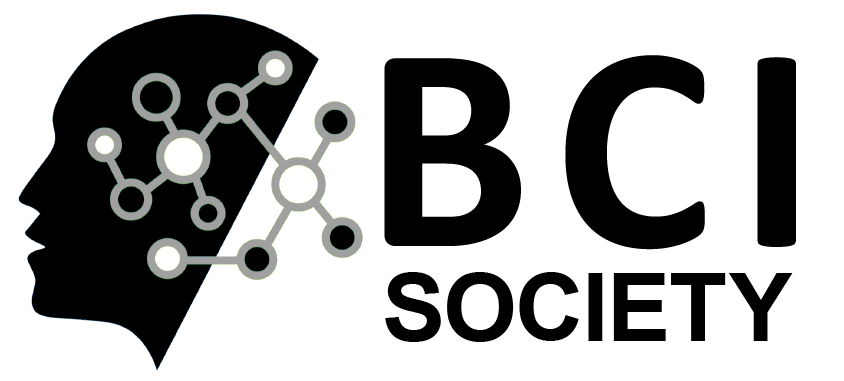Apply: https://uol.de/en/job/phd-position-2-1-239
Instagram: https://www.instagram.com/p/DC1rDKVs5HI/
About us
School VI Medicine and Health Sciences comprises the fields of human medicine, medical physics and acoustics, neurosciences, psychology and health services research. Together with the four regional hospitals, School VI forms the University Medicine of Oldenburg. Furthermore, there is close cooperation with the University Medicine of the University of Groningen.
Your tasks
The DFG-funded Research Training Group “Neuromodulation of Motor and Cognitive Function in Brain Health and Disease” (GRK 2783) aims to understand neural mechanisms of non-invasive neuromodulatory approaches and promote technology development to improve motor and cognitive functions in patients with stroke and Parkinson’s Disease. PhD students will receive a comprehensive and transdisciplinary training in the field of neuromodulation (magnetic/electric brain stimulation, psychopharmacology and neurofeedback) and specialize in state-of-the-art neuroimaging and neurophysiological methods, experience sampling, patient’s expectations or sensor-based assessment of brain activity and behaviour in daily life scenarios. Details about the project and the RTG can be found on our website: https://uol.de/en/neuromodulation
Project 3: Motor imagery neurofeedback training at home for upper-limb motor recovery in stroke and associated changes in cortical motor-prefrontal functional connectivity
Main PI and collaborators: Kranczioch, Thiel, Grefkes, Witt
Neurofeedback focusing on motor and premotor brain areas can provide an effective intervention for improving motor function in stroke. An ongoing challenge is the implementation and validation of the still mainly lab-based interventions outside the lab. This PhD project aims to contribute to addressing this challenge by combining home-based EEG neurofeedback training in stroke patients with comprehensive pre- and postintervention functional, behavioral and brain imaging (fMRI, EEG) assessments. Analysis of brain imaging data will explore activity in networks and brain regions beyond motor and premotor brain areas. Of particular interest to the project will be the dorso-lateral prefrontal cortex and cortical motor/premotor – dorso-lateral prefrontal functional connectivity.
Your profile
Applicants should hold an academic university degree (master or equivalent) in psychology, cognitive science, neuroscience or a related discipline. Prior experience with analysis of neuroimaging/neurophysiological data and solid programming skills (e.g. Matlab, Python) are required. Prior experience in the domain of functional connectivity is an advantage. As candidates are expected to interact on a regular basis with stroke survivors, proficiency in German is essential (at least B2). Workplace is Oldenburg.
We offer
- Payment in accordance with collective bargaining law (special annual payment, company pension scheme, asset-related benefits) incl. 30 days annual leave
- Option for 4-year funding to complete the PhD
- Support and guidance during your induction phase
- A family-friendly environment with flexible working hours (flexitime) and the possibility of pro-rata mobile work
- Benefits from the company’s health promotion programme
- An extensive free further education programme as well as our own scientific promotion of young academics (https://uol.de/en/school6/early-career)
Our standards
The University of Oldenburg is dedicated to increase the percentage of female employees in the field of science. Therefore, female candidates are strongly encouraged to apply. In accordance to § 21 Section 3 NHG, female candidates with equal qualifications will be preferentially considered. Applicants with disabilities will be given preference in case of equal qualification.
Further information
There is the possibility of personal scientific qualification [doctorate].
Contact:
For general questions contact rtgoffice@uol.de.
Apply now
Please send your application via e-mail by 08.12.2024 to
Your electronic application to the RTG Office (one single pdf file) should include a cover letter, CV, publication list (if applicable), list of two potential referees, and copies of certificates of academic grades.
